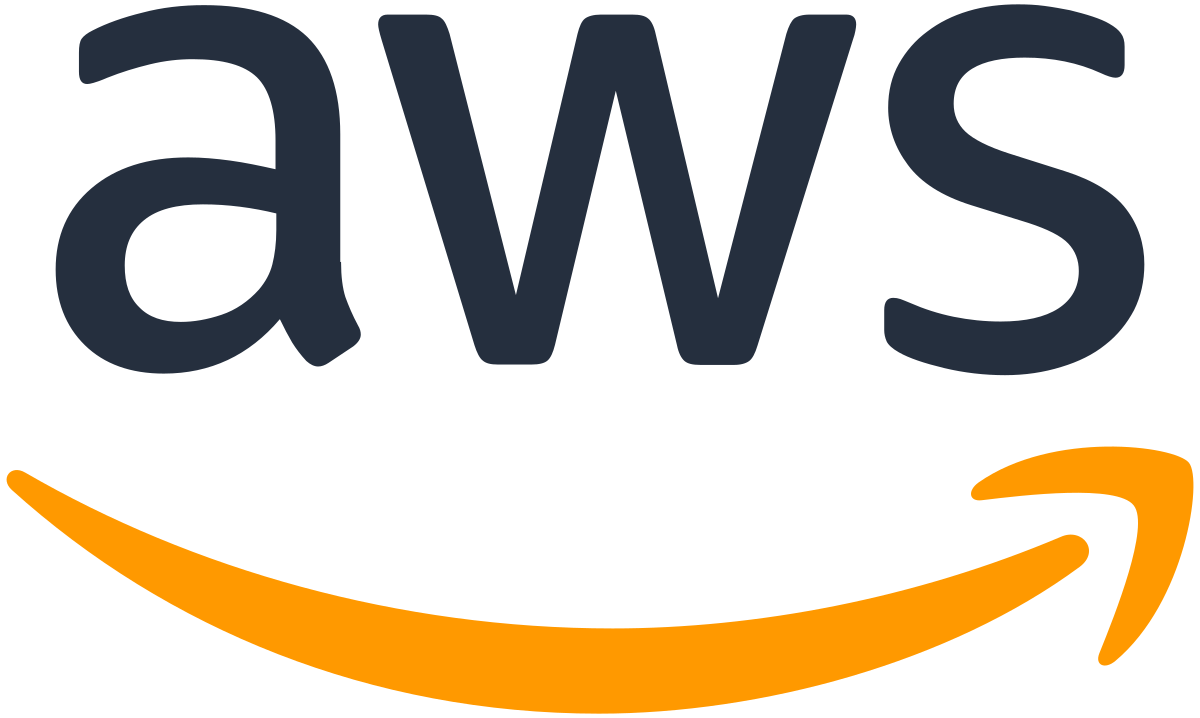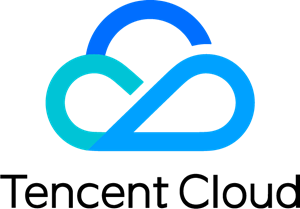Africa Interconnection Report 2025
The region’s data centre and cloud landscape prepares for AI
The region’s data centre and cloud landscape prepares for AI

2024 has seen continued investment in connectivity, data centres and cloud services in Sub-Saharan Africa.
Many of the announced data centre plans of previous years have now come on stream. In order to understand how the market is changing, Console Connect has commissioned a third edition of Africa Interconnection Report from consultancy firm Balancing Act.
Balancing Act has spoken to a wide range of data centre operators, carriers and cloud service providers to provide an update and insight on:
-modified.png?width=200&height=200&name=Logo%20of%20Balancing%20Art%20(circled%20shape)-modified.png)
In 2023/2024, only eight new data centres were completed, significantly fewer than in previous years. While the number of planned facilities has increased, they are largely additions in countries that already have existing data centres. The number of countries with carrier-neutral data centres has remained static at 24, with only Rwanda and Zimbabwe set to join in 2025.
Key updates include:

Just across the river from Kinshasa lies Brazzaville, the capital of neighbouring Congo-Brazzaville. With sufficiently low-cost connectivity and reliably redundant connections, these two cities could be serviced as one.
The regional geographic distribution of carrier-neutral data centres broadly reflects the scale of economic activities in the different regions.
Regional geographic distribution of existing data centres:
| Southern Africa | 32 |
| West Africa | 20 |
| East Africa | 17 |
| Central Africa | 3 |
| Indian Ocean | 3 |
The last 12 months has reinforced the position of the four existing regional hubs, which are, in descending order: South Africa, Nigeria, Kenya and Djibouti.

Sub-Saharan Africa is not a single cloud market but one made up of many different individual countries. South Africa leads the region, driven by increasing adoption by larger international providers, while smaller providers report slower growth. AI is accelerating cloud transitions, with enterprises becoming more open to peering and hybrid solutions.
Key updates include:
Slow hyperscaler expansion
Global hyperscaler roll-outs have been delayed due to AI demand and other economic factors, with South Africa seeing the most progress. Nigeria and Kenya remain on hyperscaler roadmaps but need improved economic conditions before expansion.Rise of local providers
Countries like Uganda, Nigeria, and Madagascar are seeing growth in local cloud services. Nigerian fintech Okra’s Nebula offers cloud services billed in local currencies (rather than euros or dollars), aiming to compete with Microsoft and AWS.Security and resilience
The July 2024 cyber-outages highlighted the need for digital resilience. Enterprises are increasingly investing in managed firewalls, DDoS solutions, and secure network pipes.Regulatory oversight
South Africa’s Competition Commission is investigating cloud provider pricing, emphasising the importance of friction-free provider switching and data interoperability.There are now a number of different, niche cloud providers whose entry is adding competition to the market:

VPSie
VPSie provides "cost-effective, secure cloud computing" with SSD storage across six global locations (including the USA, Amsterdam and Djibouti), and supports 20+ marketplace apps and six OS options (including Oracle Linux and Windows). It claims that it has “changed the idea that private cloud is more expensive than public cloud as well as made private cloud, air-gapped or hybrid cloud fast and easy to deploy and operate.”
Vultr
Vultr aims to be the "most efficient independent cloud platform", offering "unrivalled price-to-performance" via Johannesburg. Users can provision Cloud Compute, Optimized Cloud Compute, Bare Metal, Kubernetes, and Cloud Storage across 32 global locations, including 14 outside Europe and the USA, ensuring critical cloud access worldwide.
Zadara
Zadara’ s slogan is "Unlock AI power with sovereign edge cloud." It plans to have 18 nodes across Africa next year, adding Namibia and Madagascar to its existing locations in South Africa, Mozambique, Ghana, Angola, Nigeria, and Zambia, with future plans in Ethiopia and Sierra Leone. With 600 nodes globally, it claims to be the "first AI sovereign cloud in Africa", and with AWS EC2 compatibility it says that it is 50% cheaper than most hyperscalers.
A summary of recent hyperscaler cloud activities in Sub-Saharan Africa:

AWS
AWS operates the AWS Africa (Cape Town) Region with three availability zones and a local zone in Johannesburg. It plans to expand with new local zones in South Africa and Kenya. AWS built Trainium, a machine learning chip for 100B+ parameter models, and showcased GenAI capabilities via Amazon Bedrock at the 2024 AWS Summit. IBM’s software portfolio will be available in 18 African countries through the AWS Marketplace.
Microsoft
Microsoft is investing $1 billion in Kenya and building a data centre campus in Centurion, South Africa. It operates two Azure regions in Johannesburg and Cape Town and, with Liquid C2, offers Azure Stack in Kenya, Nigeria, South Africa, Zambia, and Uganda. In 2023, it partnered with Flutterwave, enabling SMB finance solutions on Azure Marketplace. Microsoft Research Africa has also published a white paper on AI and the Future of Work in Africa.
Google Cloud
Google Cloud launched its Johannesburg region in January 2024 at Teraco. In 2022, it announced cloud interconnect sites in Johannesburg, Cape Town, Lagos, and Nairobi, linked to Equiano. Liquid C2 became Africa’s first Google Cloud Interconnect provider. Partnering with Anthropic, Google Cloud offers its AI services via Vertex AI. MTN leverages Google Cloud’s ADAM platform to analyse 4 trillion data records across 19 countries.
Oracle Cloud
In 2024, Oracle announced plans for a public cloud region in Kenya and signed an MOU to open two cloud regions in Morocco (Casablanca and Settat), North Africa’s first, followed by Huawei. Oracle also enhanced its Fusion Cloud Applications Suite with 50+ AI agents for automation, workflow optimisation, and efficiency. These AI-powered tools boost productivity in multiple sectors through advanced authoring, recommendations, and automation.
Huawei
Huawei plans to add more cloud data centres in Africa - East and West Africa are the next target regions. Huawei Cloud has expanded into Egypt, its first presence in North Africa. In Kenya, Huawei currently has a point-of-presence site, which uses a dedicated connection between the East African country and South Africa. In September 2024, it announced that it had won a US$3 million cloud contract with Nigeria’s United Bank of Africa.
Alibaba Cloud
In June 2024, Alibaba Cloud expanded into Mozambique in partnership with BCX, using the latter’s data centre in Maputo. It has two availability zones in South Africa through BCX’s Midrand data centre and Teraco’s Isandro facility. Its services are billed in local currencies and it works with 25 distribution partners, including Cloud Network Solutions, Cipherwave, and QBurst.
Tencent Cloud
Tencent Cloud has partnered with Orange Middle East and Africa to leverage its mobility framework and Tencent Cloud Mini Program Platform (TCMPP) solution to create an open platform to integrate a wide range of mini-apps within its super-app. It is supporting African entrepreneurship through this alliance by offering local start-ups, merchants, content creators, as well as major brands and companies the opportunity to develop mini-applications tailored to the needs of each country.With the growing volume of data being transferred between data centres, different cloud providers and other locations, African businesses must reassess their network models to ensure their data is moved efficiently and securely across the digital ecosystem.
Console Connect, PCCW Global’s on-demand platform and automated network, enables businesses to easily, quickly and securely connect and move their data between clouds, data centres, office locations, apps, devices and more, whenever and to wherever they need it.
The platform runs on PCCW Global’s private network infrastructure, which improves data reliability by taking traffic away from the public internet and helps businesses meet stringent privacy and security requirements.
Console Connect’s connected ecosystem has grown alongside the Africa’s data centre and cloud landscape, and today the platform is accessible in data centre locations across 14 African cities and offers access to locally hosted cloud providers in South Africa, such as AWS, Huawei, Oracle Cloud and Microsoft Azure (see map below).

Curious to see how we can help you move data efficiently and securely between clouds, data centres, office locations, devices and more?
©2026 PCCW Global. All Rights Reserved